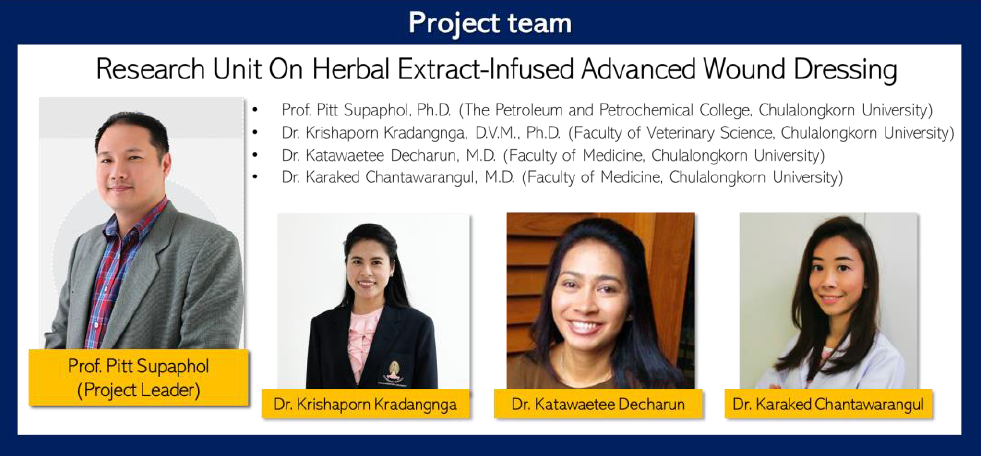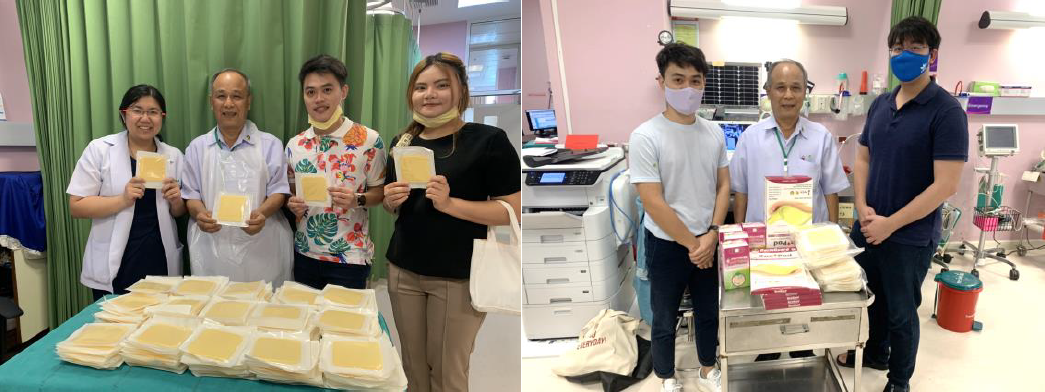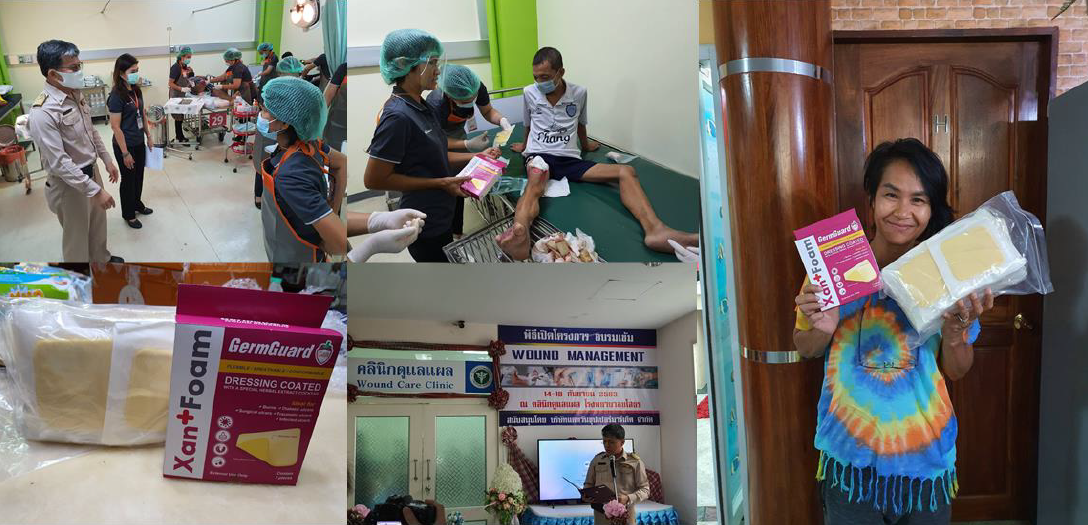which is an industry group that uses new technologies and innovations as a mechanism to drive the economy in the future (New S-Curve) according to the Thailand 4.0 policy, has created Cooperation between government and private agencies. Thailand’s policy calls for collaboration between the government and various private sector, which includes small and medium-sized firms, business groups, and communities, in order to establish a complete health care industry related to medical hub. Significant investments in research, medical device manufacture, the development of standardized medications and medical supplies, as well as staff development, will be required in the future to construct new outputs. However, to really fulfill requirements, it is necessary to overcome limitations posed by past technologies and products. Additionally, the key source of concern for the medical industry is the continued high cost of imported medical equipment and supplies resulting from Thailand’s difficulty to build a large-scale manufacturing base. Furthermore, we would like to explicitly enhance local communities in Thailand’s areas make a profit.

for driving the value of these raw materials into medical applications such as wound dressing. For instance, mangosteen peel extract contains an essential component known as “Xantone”, which has therapeutic benefits such as anti-infection, anti-tumor cell, antioxidants, disinfection, and especially antibacterial. We used our experience in the selection of proper materials to combine with these chemicals to obtain satisfactory goods on behalf of a Research Unit on Herbal Extract-Infused Advanced Wound Dressing at Chulalongkorn University’s Petroleum and Petrochemical College. Over this, it may be possible to create an innovative wound dressing containing natural extracts that could be used in place of imported dressings in the years ahead.


adsorption, antimicrobial longevity, pressure withstand, and antimicrobial resistance. Our Research unit with “Germguard” technology, which extends the life of the material and could resist invading germs, making the dressing more stable to be stored while keeping high antibacterial efficacy that superior to prior technologies. Likewise, using sponge-like porous material instead of thin-layer dressing will help to absorb some exudate excreted from the wound and utilize under pressure. This novel product is also known as “Xanfoam” containing the natural active agent. Additionally, Thailand’s National Metal and Materials Technology Center (MTEC) assured Xanfoam in the sterilizing efficiency test, demonstrating the potential for bacterial suppression. And also, the research in animals and volunteer patients (Clinical Trial) were collaborated from faculty of Medicine and faculty of Veterinary Science, Chulalongkorn University.



In addition, the prototype products were donated to people who had suffered serious injuries and were being treated in hospitals such as Sanpatong Hospital in Chiang Mai Province and Somdet Phra Pinklao Hospital in Bangkok for their benefit. The results from the patients indicated that the treatment was beneficial in wound recovery, such as faster wound healing or reduction of biofilm formed by infection. Additionally, the research team advanced the prototype work in order to win the prize, which resulted in a later innovation award contest. It is extremely delighted that the Germguard products developed by the research team have received numerous government awards. This is an illustration of a problem-solving effort of our research team resulting in the medical business’s long-term growth.

